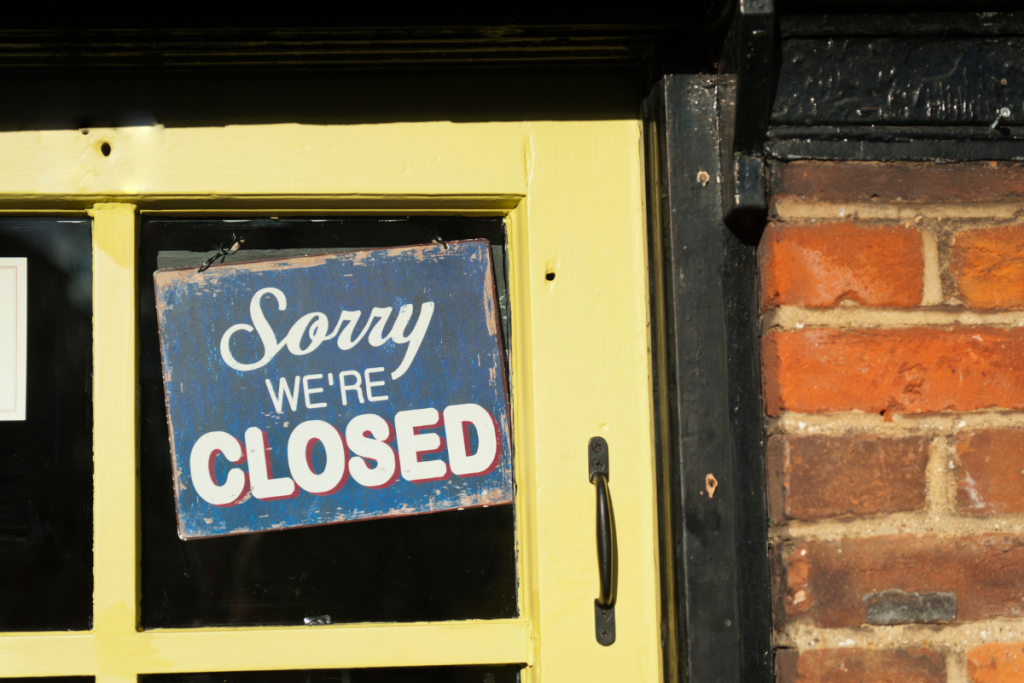One month into the new year, the first Monday in February is traditionally the top day of the year for employees to call in sick.
It is feared that so many absences could cost the industry over £30m in lost business opportunities, reduced levels of service and output, and salary and overtime payments.
The findings, released by Employment Law Advisory Services (ELAS), come as it emerged that 25 per cent of bosses now accept an e-mail or text message from staff – rather than the traditional phone call – to inform them that they are ill and will not be coming to work.
“The traditional phone call was always a way for bosses to decipher whether staff members were bluffing or genuinely ill,” says Peter Mooney, a spokesperson for ELAS. “But now, many employers are dispensing with it, which leads me to think that the system will be open to more abuse than ever."
Of the 1,500 employers interviewed by ELAS, half said that they did not believe employees who complained of being ill.
But what can you do if you don’t believe your employee
Kirsty Ayre, an employment partner at international law firm Pinsent Masons, recommends that you keep track of employees’ absences, to see if there are any trends.
“Most employers don’t require a medical certificate unless staff are off for more than seven consecutive days. So if you see a pattern over a period of time – for example, often off on Mondays or Fridays – then you can look to deal with that formally.
“If you suspect that someone is ‘swinging the lead’, then you should ask them the reasons for the sickness absence. Have a return-to-work interview and ask why they were off. If you have evidence to suggest that the employee wasn’t genuinely ill, then it can become a disciplinary issue.”
Employers have certainly heard a range of questionable excuses for employees calling in sick. For example, Pimlico Plumbers has had its fair share, from “I’ve got a broken back due to excessive painting” to “I swallowed a hot sausage last night and it burnt my throat”.
“At least the dodgy excuses can give bosses something to laugh at, but the reality is that absenteeism is a serious concern for modern business,” ELAS’ Mooney adds.
Related articles:Bringing down the cost of absenceWhy your staff don’t like MondaysSickness pay
Picture source













































































































































